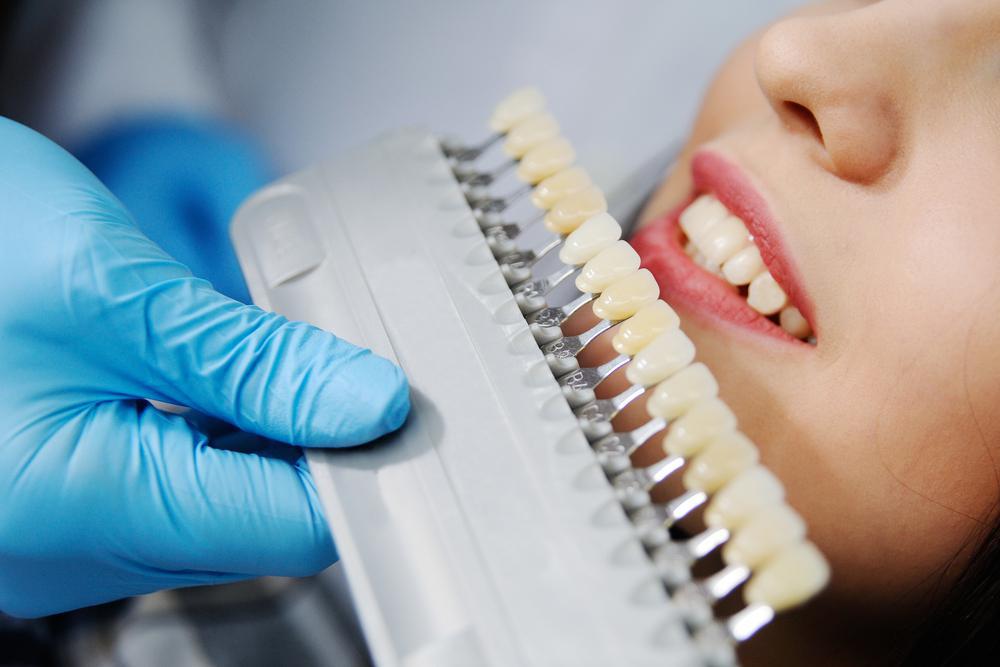Dental crowns are a common and successful method of repairing damaged teeth, improving aesthetics, and strengthening weak teeth. They are used in many dental procedures, including root canal treatments, cosmetic dentistry, and restoring damaged or missing teeth. However, like any dental treatment, they require proper care and maintenance to ensure longevity and effectiveness. This article will discuss tips for maintaining dental crowns and ensuring their longevity.
What Are Dental Crowns?
Dental crowns are custom-made tooth-shaped caps that are placed over a tooth to cover and protect it. They are often composed of porcelain, ceramic, or metal alloys and are meant to mimic the natural color, size, and form of the tooth over which they are put. Crowns are commonly used to cover and protect teeth weakened or damaged by decay, trauma, or other factors. They can also improve the appearance of discolored, misshapen, or otherwise unattractive teeth.
Why Maintain Dental Crowns?
Dental crowns are built to survive many years but must be properly cared for and maintained. Proper maintenance helps keep the crown looking and functioning at its best and can also prevent problems such as decay or damage to the underlying tooth or gum tissue. By following these tips for maintaining dental crowns, you can help ensure their long-term success and avoid the need for costly repairs or replacements.
- Practice Good Oral Hygiene
Maintaining good oral hygiene is crucial for keeping your teeth and gums healthy and even more crucial if you have dental crowns. Plaque and germs on the crown and neighboring teeth can be removed by using fluoride toothpaste twice daily and flossing once daily. Deterioration of the crown and the underlying tooth can be avoided by doing this, which can also help prevent gum disease.
Use a toothbrush with soft bristles and gentle, circular motions to clean your teeth. Avoid using abrasive toothpaste or too vigorous brushing, which might harm the crown or neighboring teeth. To assist in eliminating bacteria and freshening your breath, you may also use an antimicrobial mouthwash.
- Avoid Hard Or Sticky Foods
Dental crowns are not indestructible, even though they are made to be strong and endure typical biting and chewing pressures. Hard or sticky foods can force the crown excessively, causing it to crack, chip, or loosen. To avoid this, try to avoid chewing on hard foods such as ice, hard candy, or popcorn kernels. Avoid chewy items like taffy and gum, which can loosen or shatter the crown.
If you must eat hard or sticky foods, try to chew them on the opposite side of your mouth from the crown. This can help reduce the force placed on the crown and protect it from damage.
- Wear A Night Guard
Grinding or clenching your teeth while sleeping might damage or wear them. If you want to safeguard your crown and teeth while sleeping, consider using a nightguard. To prevent teeth from clenching or grinding, wear a nightguard over your teeth. Additionally, it can lessen jaw discomfort and headaches and aid with muscular strain.
- See Your Dentist Regularly
Maintaining healthy teeth and gums requires routine dental exams, and having dental crowns makes this even more crucial. Inspecting the crown and a tooth beneath it for wear, damage, or decay can let your dentist determine whether any repairs or replacements are required.
During your visit, your dentist will also clean and polish your teeth, eliminating any plaque or tartar accumulation that can lead to decay or gum disease. They may also use X-rays to evaluate the anatomy of the tooth and root.
In addition to regular exams, it is essential to follow any special instructions or recommendations supplied by your dentist. This might involve using a specific toothpaste or mouthwash, avoiding particular meals or activities, or arranging extra cleanings or treatments as needed.
- Address Any Problems Promptly
If you discover any concerns or complications with your dental crown, including discomfort, sensitivity, or damage, you must treat them immediately. Delaying treatment might cause more damage or issues, necessitating more complex and costly repairs.
Call your dentist immediately if you encounter any pain or discomfort with your crown. They can assess the tooth’s crown and underlying structure and suggest any required changes or treatments. A little correction, filling, root canal, or crown may be needed.
Conclusion
Maintaining dental crowns is essential for longevity, effectiveness, and oral health. By practicing good oral hygiene, avoiding hard or sticky foods, wearing a nightguard, seeing your dentist regularly, and addressing any problems promptly, you can help ensure the success of your dental crowns and avoid the need for costly repairs or replacements.
